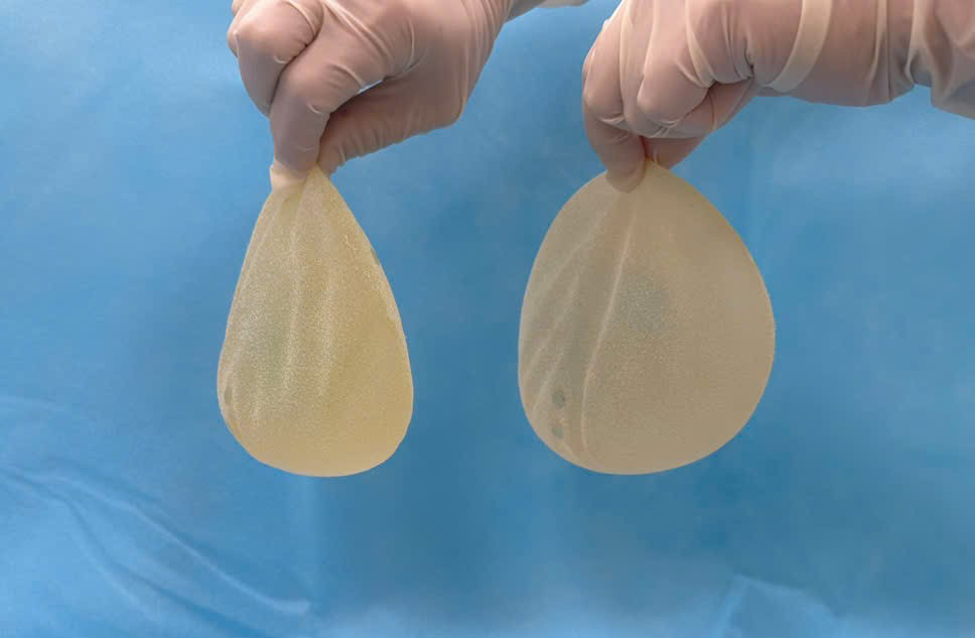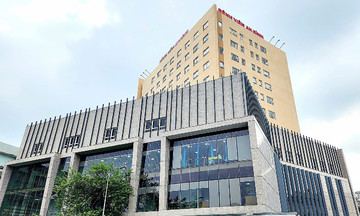Hoa received her breast implants in France 40 years ago but hadn't had them checked or replaced since. After experiencing unusual symptoms, she underwent an ultrasound at Tam Anh General Hospital in Hanoi, which revealed a cyst in her left breast and fluid in her right breast. An MRI scan confirmed that the silicon implants in both breasts had deteriorated. The implant in her right breast had ruptured, causing fluid buildup and soft tissue swelling.
Doctors determined that surgery was necessary to remove the implants and any leaked silicon. Dr. Hoang Thi Phuong Lan, from the Department of Trauma and Reconstructive Surgery, operated through the original surgical scars. The right implant had multiple ruptures, the largest measuring 4 mm, and was actively leaking silicon. The left implant also contained fluid and two ruptures, though no significant leakage was observed. The surgical team removed both implants, the surrounding scar tissue, and thoroughly cleaned the chest cavity. A negative pressure drain was then placed.
Following the surgery, Hoa had to wear a compression bra for a month, avoid strenuous activity, and restrict her diet to prevent keloid scarring for the first two weeks.
 |
The two breast implants removed from Hoa after 40 years. Photo: *Tam Anh General Hospital* |
"Breast implants are not permanent," explained Dr. Lan. Regular checkups are recommended every 10 years after implantation, and replacement or removal is advisable after 15 years to prevent ruptures and silicon leaks.
Leaked silicon can cause inflammation, fibrosis, or lumps, leading to breast deformity and potentially impacting the immune system. Doctors advise older patients, especially those with underlying health conditions, to have their implants removed rather than replaced for optimal safety.
Thanh Ba












